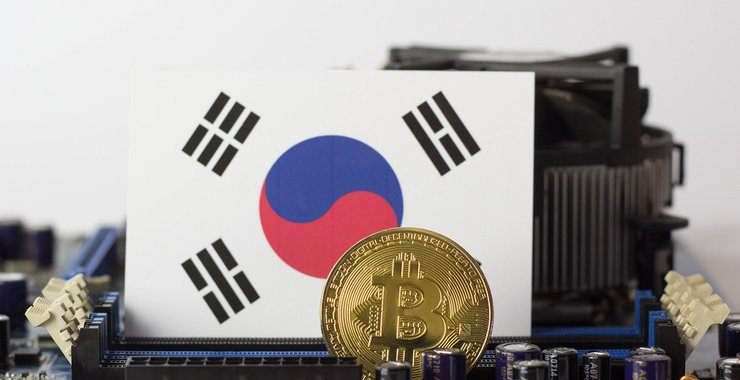The majority of South Korea’s largest digital currency exchanges might still be vulnerable to hacks, as only a few of the nation’s cryptoasset trading platforms have cleared the government’s security checks – according to recent reports.
South Korea-based exchange, Bithumb, Coinone, Korbit, and four other leading crypto exchanges have reportedly passed government-led security audits, online news outlet ZDNet reported on January 10th.
The security audits of 21 different local digital asset exchanges were conducted between September and December 2018. Notably, 14 of the trading platforms inspected had failed to meet the security requirements.
When cryptocurrency prices recorded all-time highs in December 2017, South Korea quickly became one of the world’s leading virtual currency trading economies. During this time, cybercriminals increasingly began targeting South Korean exchanges, in order to steal user funds deposited on the cryptoasset trading platforms.
Regulators Now Monitoring Crypto Exchanges & Businesses More Closely
As CryptoGlobe reported in June 2018, Bithumb suffered from a security breach which led to $31.5 million worth of user funds being stolen. Following the hack, all deposits and withdrawals had been temporarily suspended. Despite the damaging security breach, Bithumb reportedly managed to recover as it still generated $35.1 million in profits during H1 2018.
In the latest round of audits performed by South Korean regulators, there were an average of 51 security-related issues (out of 85 total that were examined) found on crypto trading platforms that did not meet the government’s consumer protection and safety requirements.
As covered, South Korean authorities had arrested nine individuals (in late December 2018) for allegedly selling controlled substances for cryptocurrencies via the dark web. Although these types of illicit activities may be difficult to carry out through centralized and regulated Korean exchanges, the country’s lawmakers have begun to monitor crypto-related businesses more closely.
South Korea To Tax Cryptocurrencies, ICOs
Also in December 2018, South Korea’s government announced its plans to tax individuals and organizations that had participated in initial coin offerings (ICOs) and engaged in digital currency trading.
According to a document submitted by Korea’s finance minister nominee, Hong Nam-ki, the crypto taxation plan will be drafted after consulting “experts from relevant government agencies including the National Tax Service and the private sector.”
According to a written statement regarding the taxation plans, submitted by Hong, cryptocurrencies had been defined as “electronic signs of values” that are issued privately and not by central banks or other traditional financial institutions. Hong also mentioned there were around 2,000 cryptocurrencies that were being traded globally, however only 160 of which are available in South Korean exchanges.









